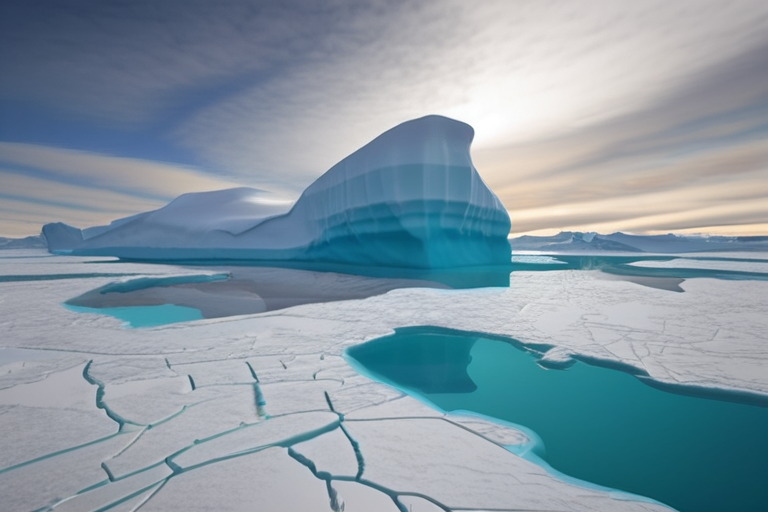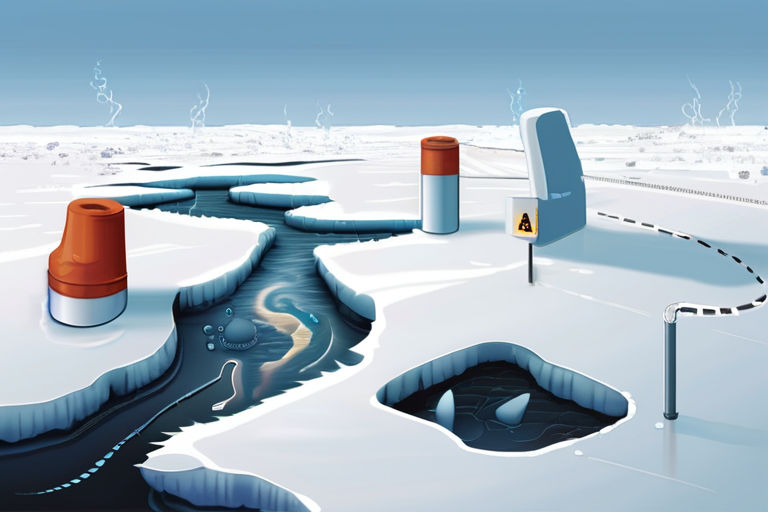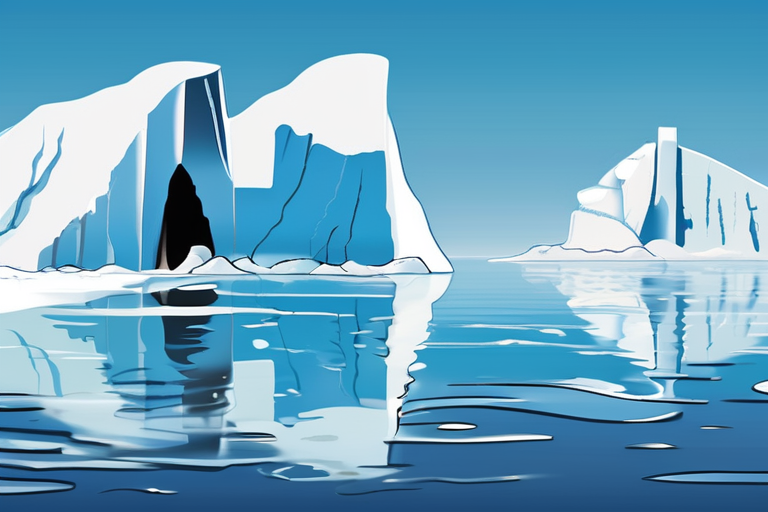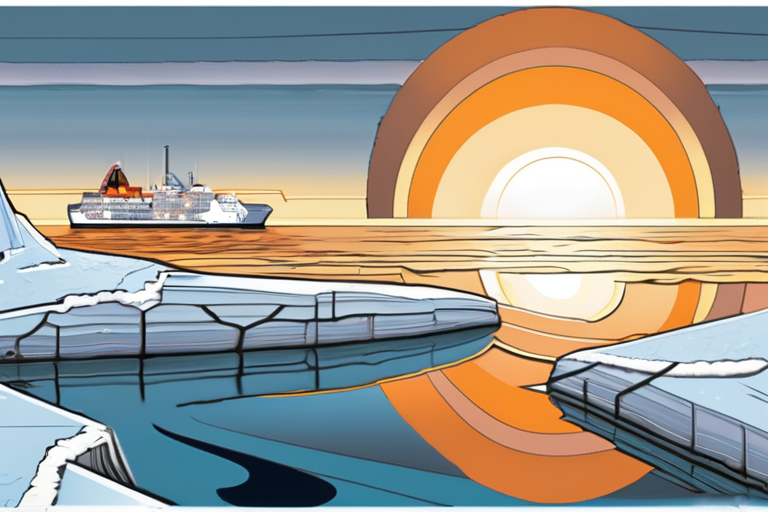Antarctica's Sea Ice Plunge May Have Triggered Irreversible Climate Shift


Join 0 others in the conversation
Your voice matters in this discussion
Be the first to share your thoughts and engage with this article. Your perspective matters!
Discover articles from our community

 Hoppi
Hoppi

 Hoppi
Hoppi

 Hoppi
Hoppi

 Hoppi
Hoppi

 Hoppi
Hoppi

 Hoppi
Hoppi

The Download: Our Thawing Permafrost and a Drone-Filled Future Scientists have discovered that Earth's permafrost is thawing at an alarming …

Hoppi

Satellites Confirm 1990s Sea-Level Predictions Were Shockingly Accurate MONTREAL, CANADA - SEPTEMBER 6, 2025 - A new study published in …

Hoppi

ANTARCTICA'S ATMOSPHERIC CHAOS: TEMPERATURES SOAR BY RECORD AMOUNT In a dramatic turn of events, the atmospheric temperatures above Antarctica have …

Hoppi

Antarctica May Have Crossed Climate Tipping Point, Raising Sea Levels LONDON (AP) - Scientists warn that Antarctica may have reached …

Hoppi

Antarctica May Have Crossed a Climate Tipping Point, Raising Concerns for Rising Seas LONDON (AP) - Scientists warn that Antarctica …

Hoppi

Satellites Confirm 1990s Sea-Level Predictions Were Shockingly Accurate September 6, 2025 - NEW ORLEANS, LA - A new study published …

Hoppi